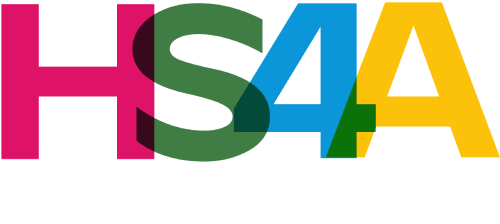What is Human Security?
What is human security?
Human security starts with people and what it means for us to be safe and secure. It means security from harmful disruptions and calamities – in our homes, our jobs, our communities, and our environment.
It’s also about our needs and hopes, our chance to develop our potential, especially those of us who are the most vulnerable.
Human security is about empowering people to participate in making choices on how they can be most secure and resilient in the face of current and future risks.
Often policies and solutions assist people with one aspect of human security. But when a crisis comes along, it affects us in many ways.
Consider COVID-19, which threatened our lives and health but also our economies – many lost their jobs and their ability to put food on the table. Others, confined to their homes, experienced threats to their personal security.
Or consider people who have been forced to leave their homes due to natural disasters. People who are displaced need places to live and be safe, jobs and income to survive, but also community networks, a sense of belonging and ways to sustain their culture and their dignity.
In response to these and other threats, our needs and hopes must be heard and heeded – our insecurities must be tackled together, comprehensively.
Without human security, there is no national or global security.
A proven approach to human security
In ensuring human security for all, we can draw on lessons learned from its application.
The human security approach is a framework for assessing, developing, and implementing comprehensive responses to complex challenges in communities, countries, or regions. It requires input – and ongoing participation – by UN agencies, governments, the private sector, nongovernmental organizations and, importantly, people in the communities themselves.
Together, they drill down to find the root causes of the risks and vulnerabilities people face. The approach puts a priority on prevention and creating early warning mechanisms to detect threats, minimize their impact and, when possible, prevent their occurrence.
For more on human security and its application in over 135 countries, including regional and global programs, please visit the United Nations Trust Fund for Human Security.
The Eight Dimensions of Human Security

Freedom from oppression, torture and other human rights violations.

Access to healthcare, as well as prevention and protection against infectious diseases.

An assured basic income and livelihood from work, or in the last resort, social safety nets.

Preservation of culture and identity, as well as safety from exclusion, discrimination and ethnic conflict.

Physical safety from violent conflict, domestic violence, crime and abuse.

Enhancing the human experience and enabling us to do more with less.

Safety from natural and climate-induced disasters, plus resource scarcity due to environmental degradation.

Physical and affordable access to basic food.

